Nanny robots: Future replacement parents or a useful tool in raising children (15 photos + 5 videos)
Do you think it has become more difficult or easier to raise children nowadays? 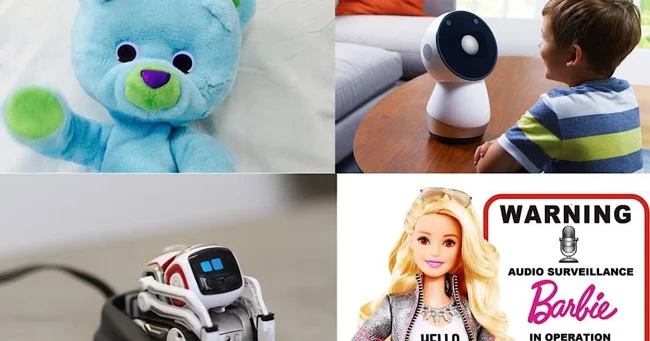
Current generations have their own priorities; subcultures such as Childfree are even becoming popular. Some of the reasons for such life values are the fact that modern people want to live for themselves and set a career or other life goals. And children, to put it mildly, do not really help in achieving these goals. We will not condemn or comment on this choice in any way, because this topic is extremely controversial. 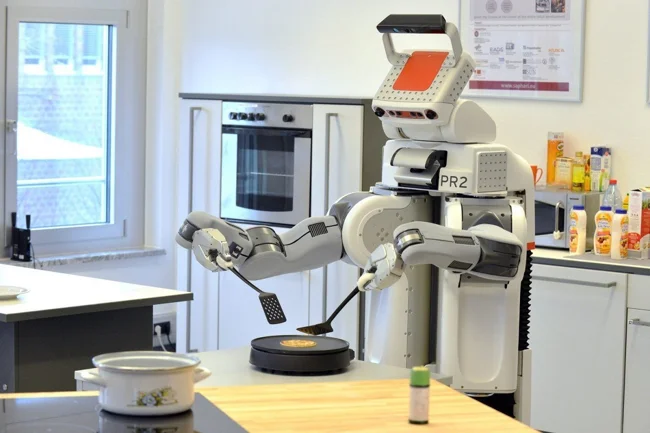
Of course, there are some reasons for this subculture that are difficult to dispute, but there are also reasons that are related to the difficulty of raising children. People in the midst of a stage of self-realization, whether in a career or in other social spheres, do not want to sacrifice this in favor of raising children. 
In our high-tech age, almost all discoveries are aimed at making people’s lives more comfortable, including in raising children. 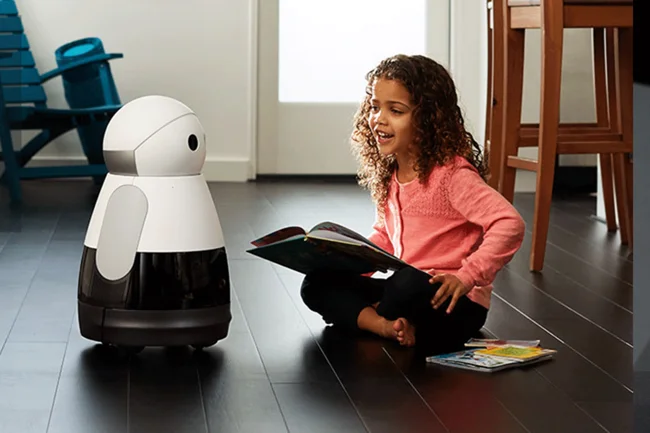
And now we are not talking about parenting using the method of throwing away your tablet or phone, turning on games or cartoons and forgetting about the child. No, we are talking about gadgets that are designed to help caring parents. 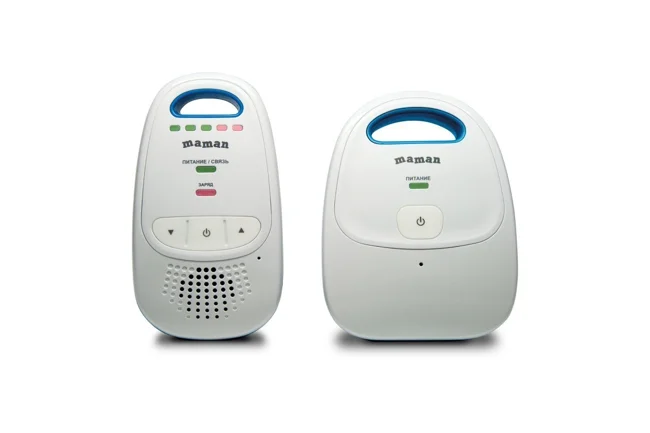
Let's start with the fact that people have been using devices such as radios or baby monitors for a long time. And there is no debate at all about the ethics or usefulness of these devices. 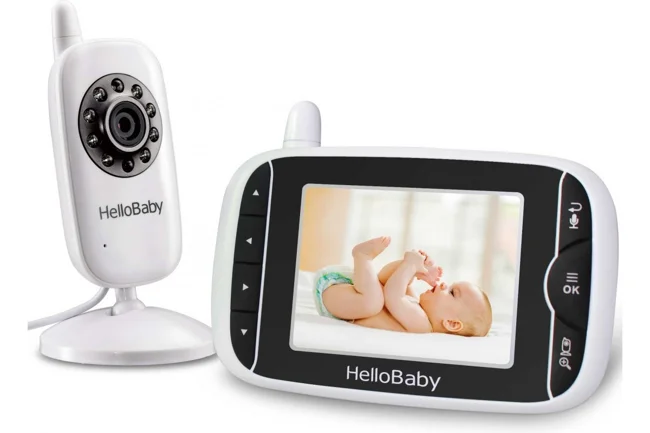
But these are only tools that help parents, but do not replace them in the lives of their children.
Developments in this direction are not only ongoing, but there are already working prototypes that are endowed with certain skills. For example, the Chinese have invented a robot with the build of a ten-year-old child who can watch over children and the elderly. 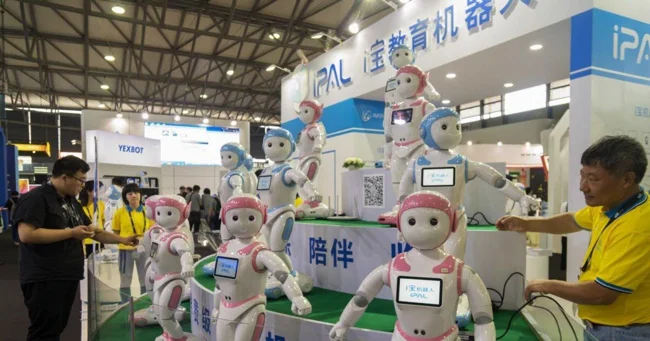
IPal is programmed to check whether the child has woken up, washed himself and taken medications. Also, you won't be bored with IPal, because he can joke, sing and dance. The robot will help the child with his homework, as he knows Chinese, English and mathematics. 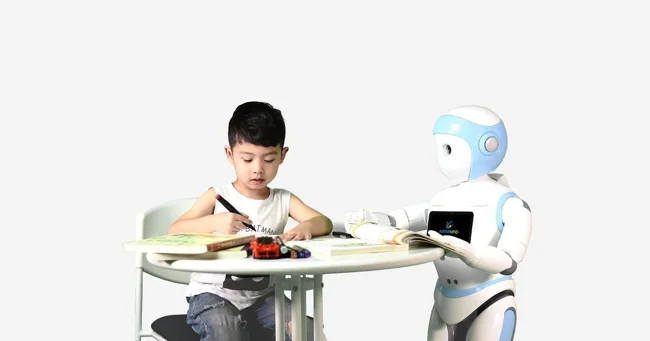
In addition, the creators claim that the robot is able to recognize children’s emotions and reproduce them.
The Americans are also working in this direction. They have several robots, among which is Jibo. This robot does not look like a person; rather, it is a stationary gadget, with one eye that functions not only as a camera, but also as a touchscreen.
AI allows Jibo to describe the objects that surround it. Despite the fact that the developers claim that the robot can recognize who it is communicating with, there have been cases when users complained that the robot was mistaken. Although the children themselves attributed everything to the fact that “he is still a child.”
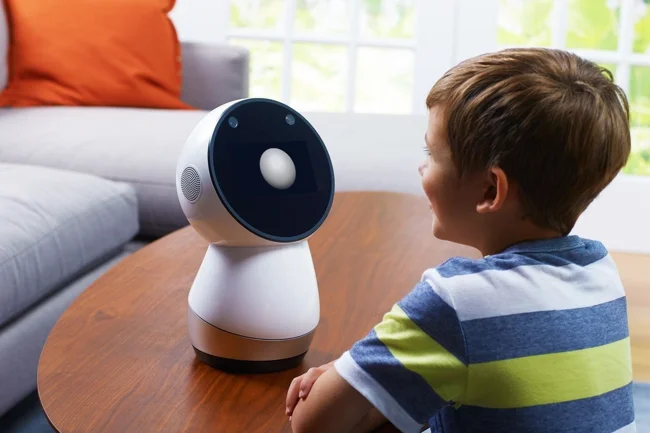
The American robot, just like the Chinese android, is able to help a child with his homework, as well as brighten up his leisure time.
Another one of the most popular products in this category is Cozmo, which resembles the robot from the cartoon Wally. At the same time, children perceive him more as a child, rather than a robot.
The key highlight of this robot is its more advanced AI engine, which allows it to analyze children's emotions and behavior. If a child behaves badly, the robot simply does not play with him.
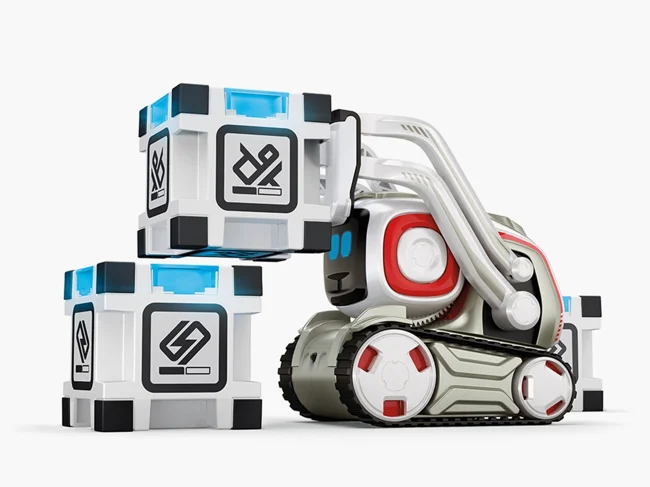
Experts believe that robot nannies can successfully teach social and communication skills to children with autism. This is due to the fact that these children need the most linear and predictable forms of behavior. The Milo robot, created to help children with autism, looks like a teddy bear.

There are also robots that recognize the types of baby crying. But personally, I have the same skeptical attitude towards this development as I do towards the so-called “animal-to-human translators”.

Developments of this kind show the progress and development of the robotics industry, but there is still an ethical issue that causes heated discussion.
The arguments of both are logical and lie on the surface. It is impossible to categorically state that nanny robots should not exist, or vice versa, are extremely useful and necessary to make life easier for modern parents.
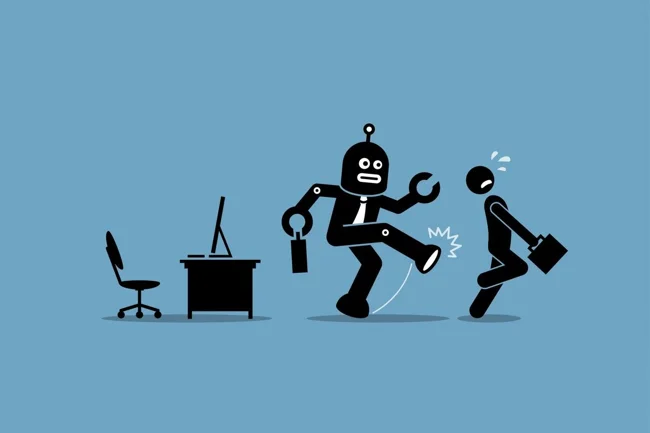
In order for nanny robots to be truly useful assistants, not to give false sensations to children, not to violate the personal boundaries of family privacy and, of course, not to harm children, it is necessary to establish generally accepted rules. Otherwise, robots may be used for other purposes.

For example, in Germany, the government banned the sale of the Hello Barbie doll because the toy recorded people's conversations and analyzed them. This was necessary to create the illusion of communication. German authorities considered that the gadget could be used for espionage and banned the toy.
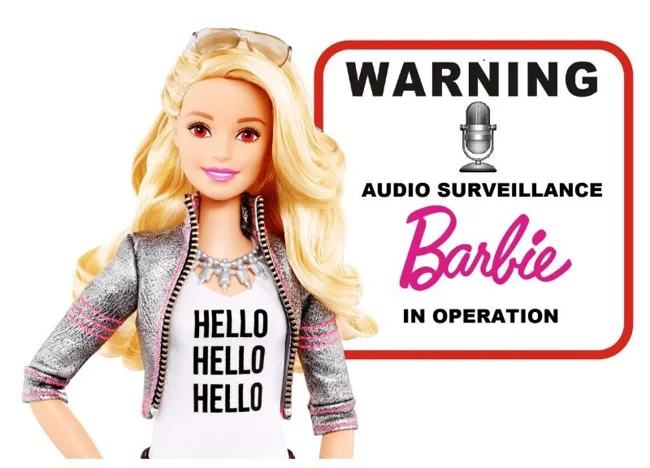
Only if the rules and certification are followed, robots can be left with children as a nanny. Naturally, nothing can completely replace human communication and warmth, but robots can make life easier.
